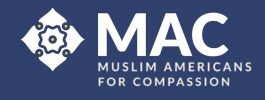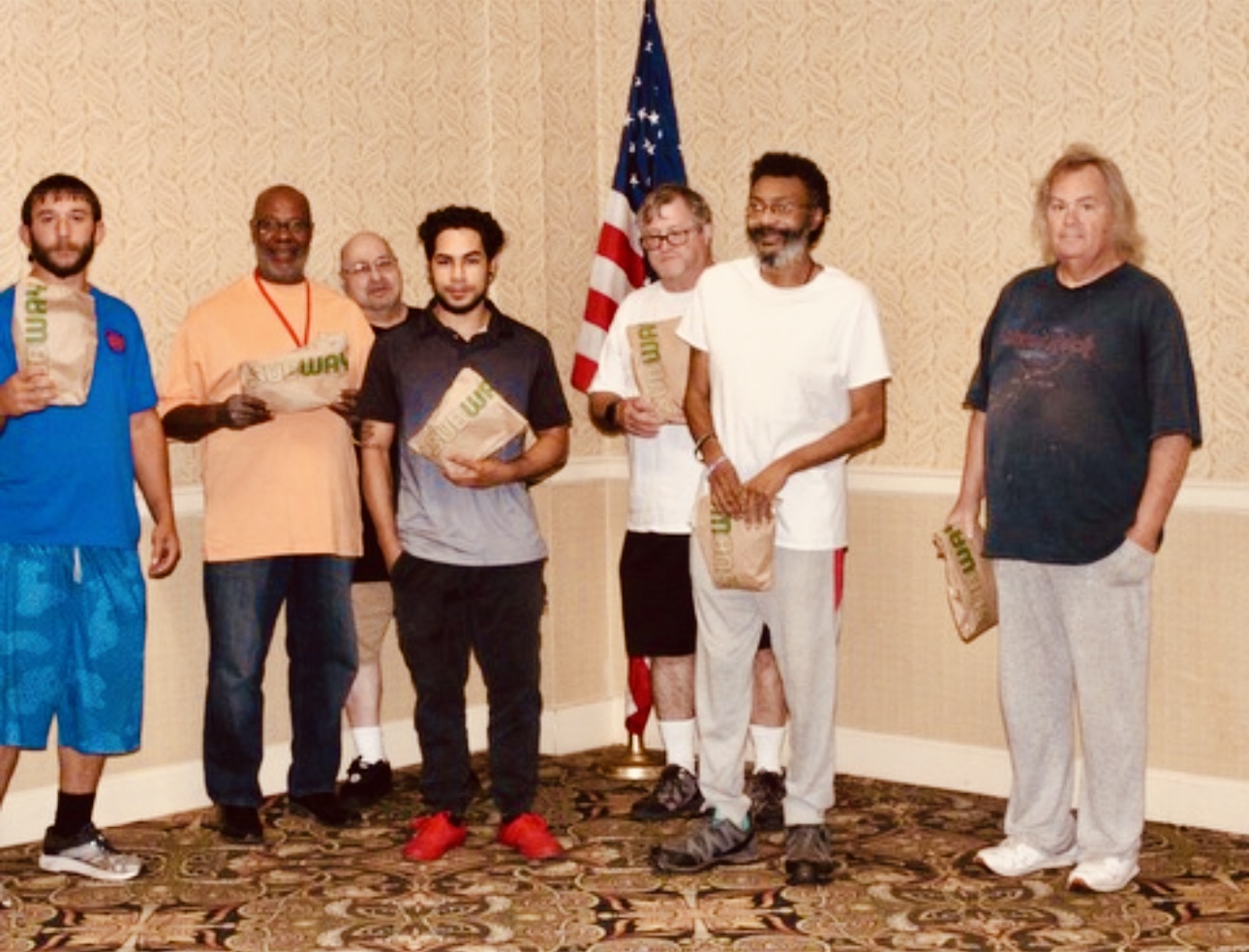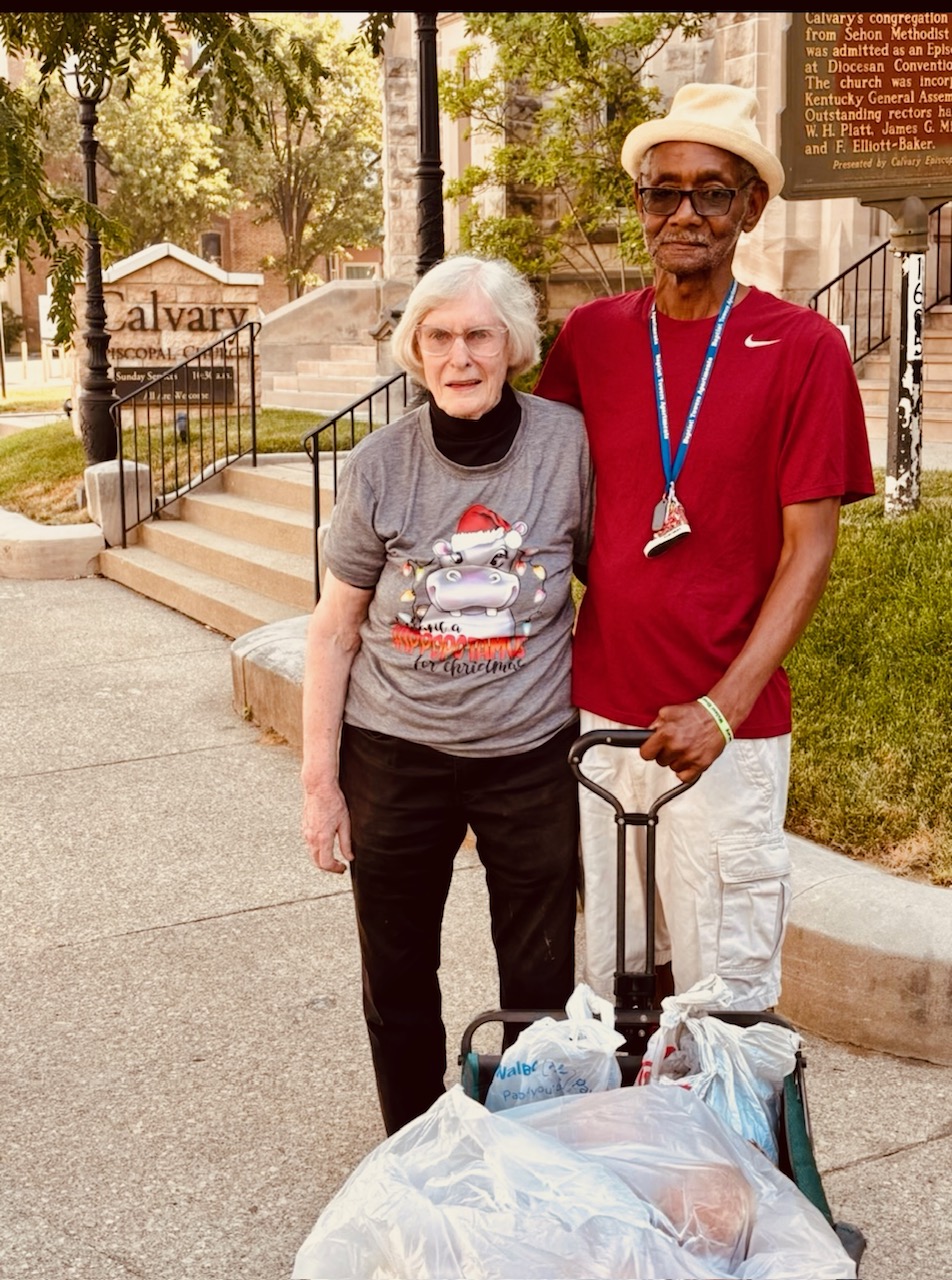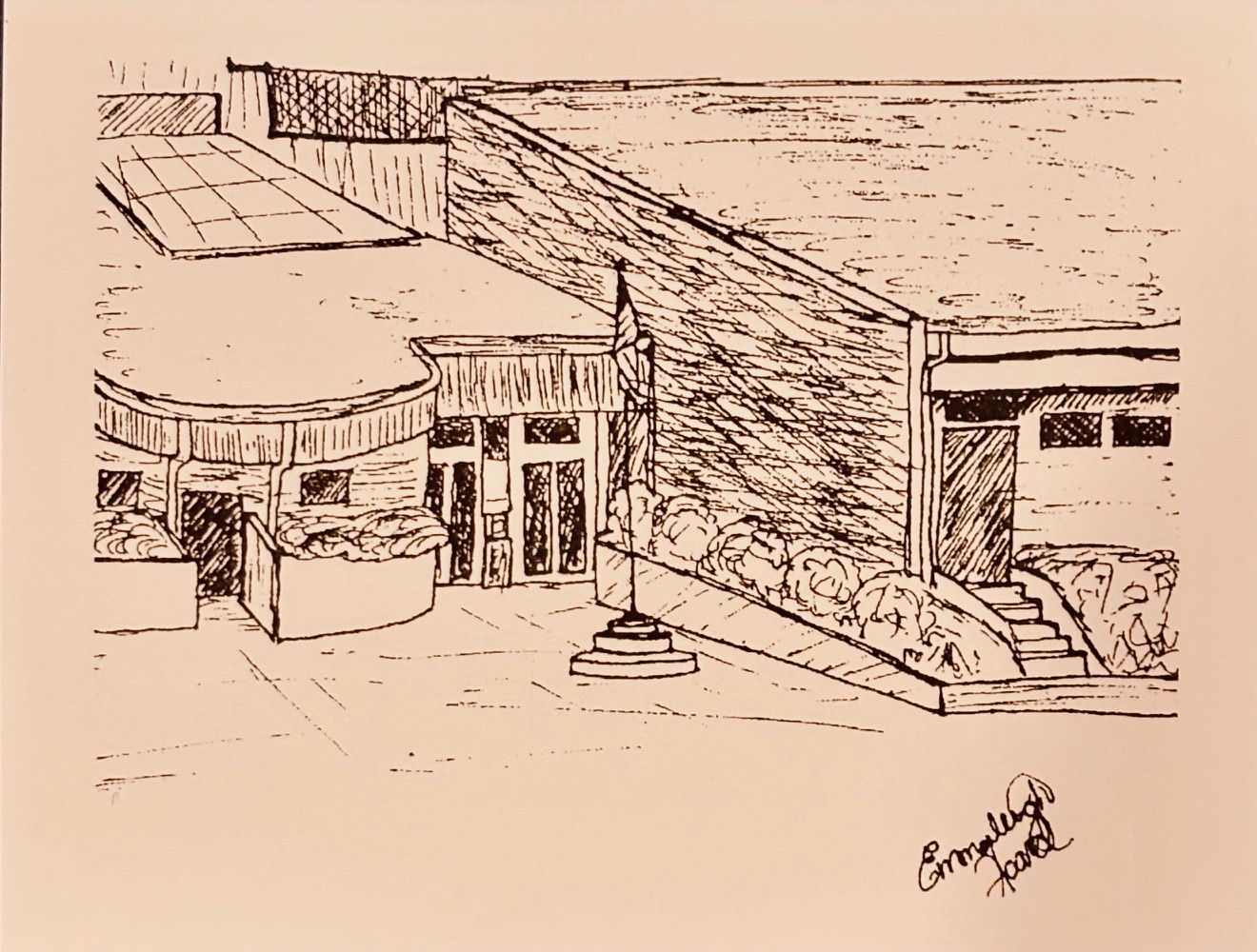Article by Dr. Muhammad Babar
Published in the Courier-Journal, September 9, 2021
Twenty years ago, on a somber September morning, I walked into the small inner-city hospital of Buffalo, New York, to make rounds and witnessed the most gruesome act of terrorism against humanity.
Sept. 11, 2001, will be remembered in the history of the world as a day when 2,996 innocent people were killed and more than 6,000 others were injured by 19 hijackers. It was an eventful day that changed not only our country but the whole world forever.
The patients and hospital staff watched the events unfold on TV. It was hard for me as a young physician to focus on my work. All of us were awestruck and teary-eyed as we held each other’s hands. Cries of heartfelt agony were heard throughout the hospital upon seeing the collapse of the World Trade Center towers as if our own homes were destroyed.
The hospital CEO gathered us all for a meeting and emphasized that irrespective of our ethnic and religious differences, we all were together in this tragedy as one family.
This meeting was called when an employee said to a fellow team member with Middle Eastern ancestry, “Look at what your people have done to us.”
During the meeting, it struck me for the first time that I was probably different from my fellow Americans and that my life will never be the same. It was the lowest moment of my life, and I felt terribly lonely in my apartment that evening.
I wanted to assist in whatever way possible to support my fellow citizens. I mustered the courage to go to the local Red Cross office to donate blood. Unfortunately, I failed the screening due to my stay in Western Europe during a time when cases of mad cow disease were diagnosed. My vocation is the healing of the sick. And there I was, not even able to donate blood. That is when desperation and hopelessness piled on top of my loneliness.
I am an American Muslim whose love for Mother America is unconditional. I may look different or speak with an accent, but my fervor for the Land of the Free is nothing less than my fellow citizens. Nevertheless, I was well aware of how influential the stain of bigotry can be on the human psyche, especially during times of heightened tensions.
Unfortunately, my fears were validated. In Arizona, just a few days after the 9/11 tragedy, a Sikh American was killed with an assumption of being Muslim. Similarly, two other citizens were gunned down in Texas by an individual apparently seeking revenge for the 9/11 terrorist attacks. Hundreds of Muslims were detained and deported.
I remember the story of a young Pakistani American, Mohammad Salman Hamdani, who was a certified emergency medical technician and a police cadet who perished in the towers while trying to assist his fellow American citizens. In the aftermath of the attacks he was treated as a suspect, and it took months for law enforcement agencies to clear his name and give closure to his family.
The days and months after 9/11 were full of uncertainties for the law enforcement agencies and common citizens who were trying to make sense of this horrific event. Our nation had not faced such a tragedy since the attack on Pearl Harbor. Congress hurriedly passed the Patriot Act weeks after the 9/11 attacks expanding the authority of law enforcement agencies to perform surveillance, search without warrants, and allow indefinite detention of immigrants without trials.
Muslim Americans faced an unprecedented backlash with their charitable organizations, and houses of worship came under extra scrutiny. Law enforcement agencies, including the TSA, egregiously became suspicious of Muslims and were involved in many cases of racial profiling.
About one year after 9/11, I received a letter to register in the National Security Entry-Exit Registration System, which was created as a part of the war on terrorism. It was difficult for my recently married wife who grew up in Connecticut to understand why I was required to register. She was afraid that I may be detained like many others. She was still scarred by the hateful and threatening anonymous phone calls that we had received right after the arrest of the Lackawanna Six who had attended an Al Qaeda camp in Afghanistan.
I still remember the day like it was yesterday when I walked into the U.S. Citizenship and Immigration Services building in Buffalo with a lot of uncertainty and uneasiness. Will I, Muhammad Babar, be able to return home or be held for further questioning? Fortunately, I was interviewed, photographed, and fingerprinted by a very kind immigration officer who was as embarrassed as I was with this whole ordeal.
Under NSEERS, each time my relatives visited from Denmark, both of my younger brothers had to go through the humiliation of registering themselves at the airport both on arrival and departure while their spouses and young children waited for hours. During one trip, my mother, sister-in-law, and 2-year-old nephew were harassed by fellow passengers as takeoff was delayed due to my brother still waiting in line to be registered at the Newark Airport. In order to avoid indignity and disgrace, they minimized their travel to the United States.
This program was discontinued by President Barack Obama in 2011 and eventually removed altogether at the request of nearly 200 organizations as presidential candidate Donald Trump’s team had signaled to reboot it again.
The stigma of being a security risk to the country as a young Muslim man continued to haunt me for years after the 9/11 tragedy. My immigration process was delayed by several years due to security clearance including an FBI name check that was supposed to be completed in six months.
A patient informed me that she saw a terrorist sharing my name on TV. My online research led me to a psychopath named Mohammed Junaid Babar with ties to Al Qaeda and was already facing charges in custody. I printed the information and mailed it to USCIS to clarify my security clearance delay, but to no avail.
This altered my life as I was unable to travel out of the country to visit my parents and siblings in Denmark. I also lost precious time to be with my frail and aging grandparents in Pakistan. It was especially difficult for my World War II veteran grandfather, who had fought against the Nazis and their Axis alliance. Finally, as a result of an ACLU lawsuit, my security clearance, along with thousands of others, was expedited and approved.
Air travel became tedious after 9/11 as airline staff often called law enforcement agencies before issuing me a boarding pass. Apparently, I was misidentified by TSA’s Secure Flight Program as a possible risk which leads to additional scrutiny. At the advice of a compassionate airline employee, I applied for a Redress Control Number and received my case number. It has made traveling easy as the TSA is now able to perform proper identification by matching me to my case number via the Secure Flight Program.
These tribulations were shared among Muslim communities across America. Under the constant spotlight following 9/11, mosques faced continuous monitoring and surveillance. Many prominent Muslim charities were shut down with charges of ties with terrorist organizations. Individual Muslim Americans were doubted by their neighbors and colleagues due to fear of the unknown.
My fellow Muslim Americans and I do truly love this great country. While the ugliness of bigotry often rules the day here, we saw — and still see — opportunities to reach out to our neighbors and colleagues and share our stories. Mosques and individual Muslims collaborate with the FBI and other law enforcement agencies to ensure the safety of our communities and cities. We are active in helping our American society thrive, and we are proud to be an essential part of the American story and dream.
I am thankful to Mother America for the opportunities she gives us to live, grow and be conscientious citizens. I am also thankful to my fellow Americans for believing in me and sharing this beautiful American experience with me.
America is more than just a place on a map. America is an ideal that is still a work in progress and requires all of us to contribute to its healing in difficult times and health in good times. Our American values of life, liberty, and the pursuit of happiness will only reach their zenith when all of the man-made prejudices of race, religion, gender, sexuality, and xenophobia are demolished.
Sept. 11 is a great reminder of how the country came together and became united in purpose. The heroism of first responders should always serve as our guiding light on how they rushed into danger to protect their fellow citizens while risking their own lives.
Let us promise that we will always remember their ultimate sacrifices not only in our words but also in our actions. Let us also promise on the 20th anniversary of 9/11 to work together to improve the American human experience for our coming generations.
This is a promise that I will keep for our beloved Mother America until my last breath.
Dr. Muhammad Babar is president of Louisville-based Muslim Americans for Compassion and Doctors for Healthy communities.
Dr. Muhammad Babar is president of Muslim Americans for Compassion and Doctors for Healthy Communities. He is also president of the Board of Trustees of Compassionate Louisville.




